Speakers

Daniel Agardh
Daniel Agardh, MD, Professor, Skane University Hospital SUS/Lund University, Sweden
Daniel Agardh is the head of the Celiac Disease and Diabetes Unit at Lund University and he works as a Senior Consultant in Paediatric Gastroenterology at the Department of Pediatrics, Skåne University Hospital in Malmö Sweden.
Daniel Agardh leads several international cohort studies on celiac disease and is the principal investigator of paediatric population-based screenings for celiac disease, autoimmune thyroiditis and Type 1 Diabetes in the DiaUnion project.
Daniel Agardh´s previous work on environmental and genetic risk factors from observational longitudinal studies in the TEDDY study have resulted in ongoing primary and secondary prevention trials enrolling infants and young children at risk for developing celiac disease.
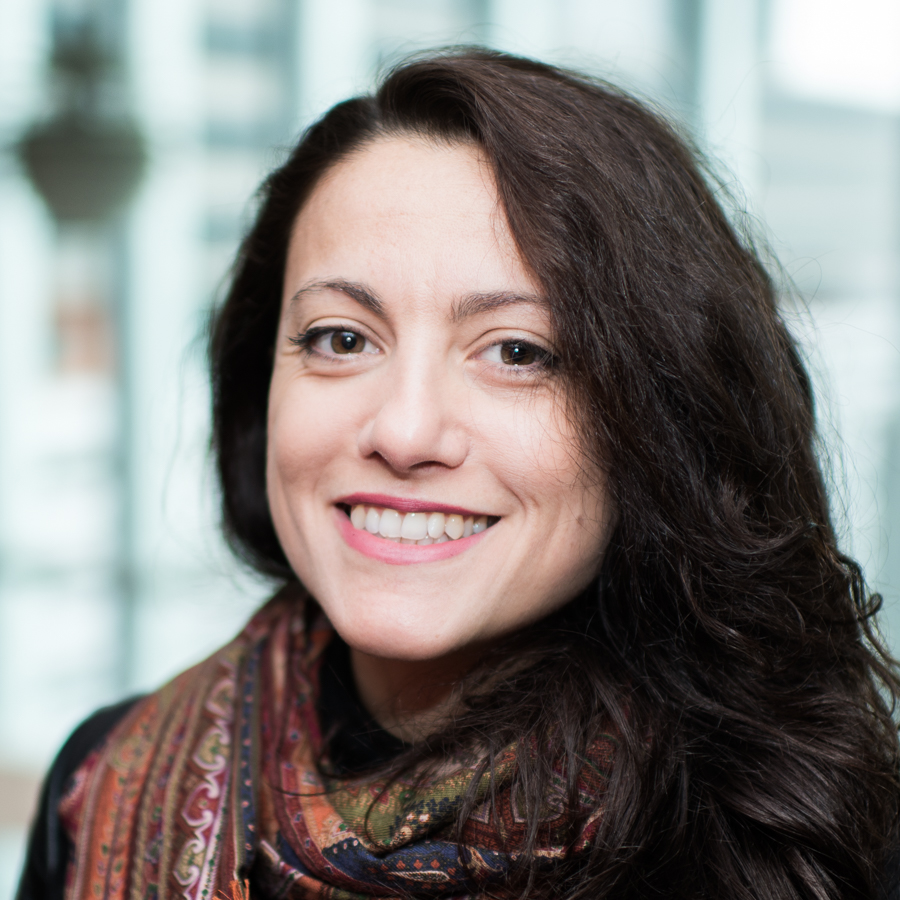
Valentina Discepolo
I am a Professor at the PhD Program of the European School of Molecular Medicine (SEMM) and at the National PhD Program in One Health approaches to infectious diseases and life science research, also at the Faculty of Medicine and Faculty Human Nutrition at the School of Medicine and at the Residency in Pediatrics of the University of Naples Federico II
A primary focus of my research team is to understand how environmental triggers, including infectious agents that activate innate immune responses, and food antigens, might contribute to elicit autoimmune diseases. This includes for example unveiling the role of dietary metabolic overload in the natural history of celiac disease and assessing the role of early viral infections as a trigger for celiac disease development in high-risk infants. Furthermore, we are using duodenal transcriptomics to unveil the heterogeneity among celiac patients, to better understand disease natural history and delineate new personalized preventive and therapeutic approaches. During the past years, my lab has also focused on the role of viral infections as triggers for inflammatory and autoimmune responses and the common pathogenic mechanisms between celiac and other autoimmune diseases such as juvenile idiopathic arthritis and type 1 diabetes.
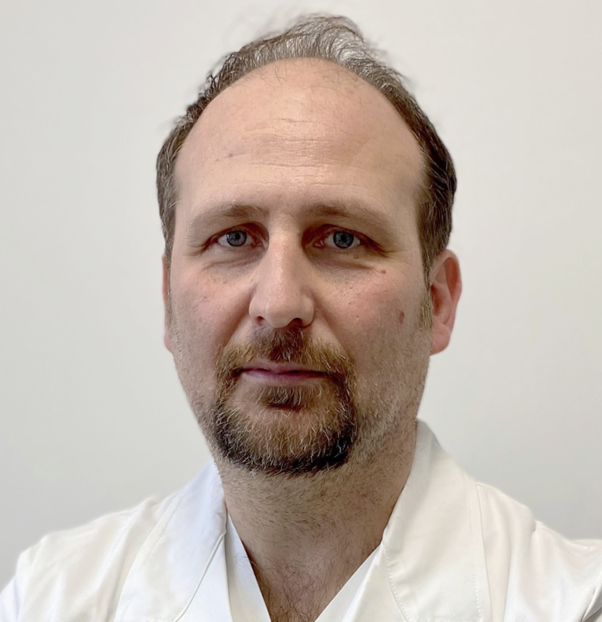
Luca Elli
Luca Elli is a gastroenterologist and expert in celiac disease. He is the Head of the Centre for Prevention and Diagnosis of Coeliac Disease at Fondazione IRCCS Ca Granda – Ospedale Maggiore Policlinico, University of Milano, Italy. He has conducted extensive research on the clinical and etiopathogenic aspects of celiac disease and gluten-related disorders, focusing on the use of invasive and non-invasive endoscopy to manage and monitor patients with celiac disease.
Elli’s research has explored the role of serology in the diagnosis and follow-up of celiac disease, particularly the performance of tissue transglutaminase (tTG) antibodies in patients following a gluten-free diet and the association between tTG levels and complications of celiac disease. He has also investigated the use of tele-monitoring methods for celiac disease patients during the pandemic.
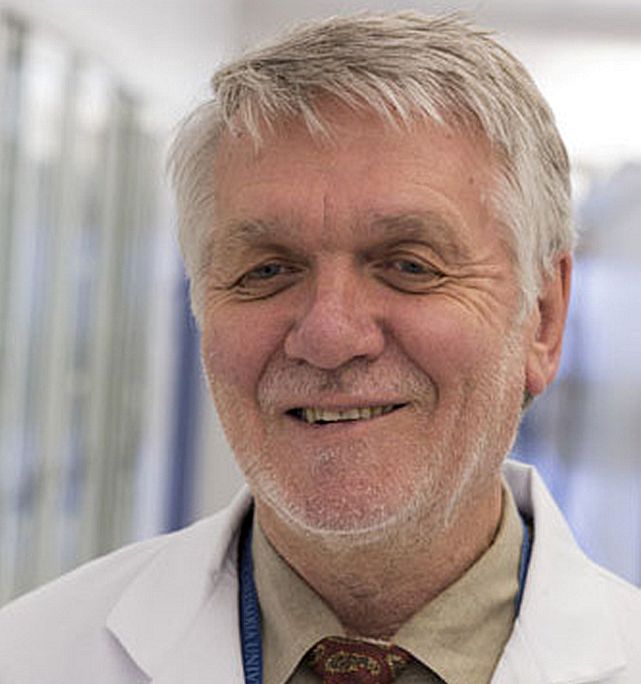
Peter HR Green
The fourth international Maki Celiac Disease Tampere Prize was awarded to Professor Peter HR Green, Phyllis & Ivan Seidenberg Professor of Medicine, Columbia University, New York.
Professor Green has decades of diverse clinical and translational research experience in such areas as the prevalence, diagnostics and disease patterns of celiac disease, diet and drug therapies, cost issues and comorbidities.
Green has published research results in the highest-impact scientific journals including The New England Journal of Medicine, Science, Gastroenterology and Gut as well as the Lancet and Nature series. He has also written books on celiac disease and gluten for lay audiences. Other scholars have cited his research more than 40,000 times.
Green is a doctor and researcher who was born in Australia and who currently resides in the United States. He studied medicine at the University of Sydney and has worked at, for example, Harvard University. He is currently a professor of medicine at Columbia University. A recipient of several significant research prizes, Green has also chaired the New York Society for Gastrointestinal Endoscopy and North American Society for the Study of Celiac Disease associations.

Marios Hadjivassiliou
Professor Marios Hadjivassiliou is a Consultant Neurologist and the Academic Director of the Academic Department of Neurosciences, Sheffield Teaching Hospitals NHS Trust. His primary research is in the neurological manifestations of gluten related disorders. His pioneering research resulted in defining previously unrecognized disease entities such as gluten ataxia, gluten encephalopathy and gluten neuropathy. He has published extensively on the subject. He runs a weekly gluten sensitivity/neurology and ataxia clinics and receives referrals from all over the UK and Internationally. He is a founding member of the Sheffield Institute of Gluten Related Disorders (SIGReD).

Heikki Hyöty
Heikki Hyöty (MD, PhD, professor of Virology, Tampere University) has studied the etiopathogenesis of immune-mediated diseases, particularly type 1 diabetes, for nearly 40 years focusing on interactions between microbes and the immune system. He established his own research group after having PhD in virology. His research has covered the role of microbes, particularly viruses, in the pathogenesis of type 1 diabetes, autoimmune thyroiditis, allergies, asthma and celiac disease, focusing on epidemiological studies in large prospective human cohorts as well as mechanistic studies using samples from diseased organs and cell models. His laboratory has established a wide panel of methods for the detection of various kinds of infections in prospective cohorts and for the molecular typing and isolation of detected microbes, as well as developed next generation sequencing technologies for the analysis of the microbiome including virome. His laboratory has also studied anti-microbial immune responses and participated in clinical trials aiming at modifying immune system by microbial exposures and vaccines. Dr. Hyöty’s scientific and leadership contribution includes participation in large international studies such as TEDDY, PEVNET, VirDiab, TRIGR and nPOD. In addition, he has previously led four European Union projects and several Finnish science consortia. Currently he is leading two EU funded projects, HEDIMED (www.hedimed.eu), evaluating the role of exposome in immune-mediated diseases and ENT1DEP (www.ent1dep.eu), studying the mechanisms behind enterovirus-type 1 diabetes association. He is a member of the steering committee and one PI of the prospective Finnish DIPP study, co-chairman of the infectious agents committee of the TEDDY study and participating in several other international collaboration projects. One of the great accomplishments is the pioneering work towards development of a vaccine against diabetes-associated enteroviruses, which has now passed phase I first-in-human trials.

Jorma Isola
MD, PhD Jorma Isola is a Professor of Cancer Biology at Tampere University. His research formerly focused on cancer and since 2015 on the histopathology of celiac disease. He is running a pathology laboratory Jilab Inc, located at the Tampere University campus. Jilab Inc has developed digital microscopy methods for quantitative celiac biopsy histopathology. Our recent advances include the development of deep-learning AI tools to reduce the subjectivity of villus height/crypt depth and IEL measurements as well as Marsh-Oberhuber classification. Prof. Isola’s laboratory has been the reference pathology laboratory in 12 phase I-II celiac disease drug/vaccine clinical trials (over 10,000 biopsies analyzed so far).
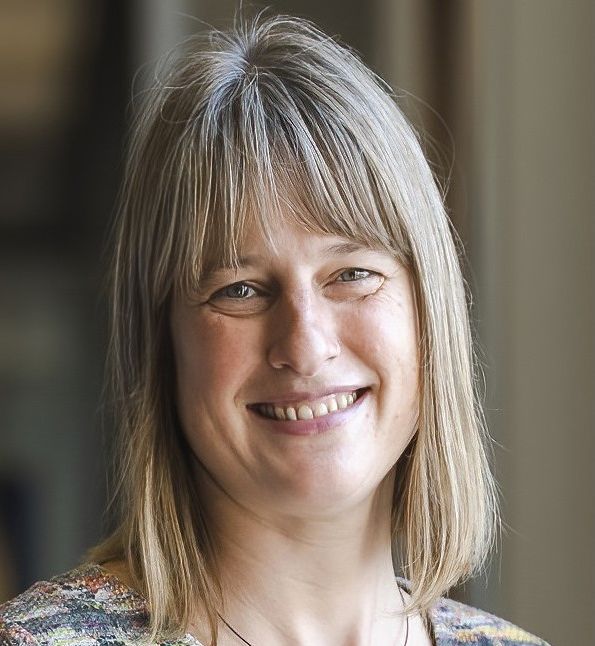
Iris Jonkers
Iris Jonkers, Adjunct Professor of Immunogenetics
Iris Jonkers specializes in the immunogenetic underpinnings of celiac disease, mapping genetic, epigenetic and transcriptional responses in immune and epithelial tissues of patients. Moreover, she has developed several intricate human model systems to directly test involvement of genetic and environmental factors on the onset and exacerbation of celiac disease. As treasurer of the ISSCD, member of the Prolamin Working Group, and advisor on the Scientific advisory board of the Dutch celiac disease patient society, she is a strong advocate of the celiac disease research community.

Katri Kaukinen
Professor Katri Kaukinen (MD, PhD, Prof. internal medicine) is the head of the Celiac Disease research Center, at the Faculty of Medicine and Health technology, Tampere University. Her research focuses on understanding the epidemiology and heterogenous phenotype of celiac disease to promote excellence in clinical care.
She is the chairman of the scientific advisory board of Finnish Celiac Society and the celiac disease current care guidelines committee. Her previous work has been applied in the revision of the diagnostic criteria for CD (https://www.kaypahoito.fi/hoi08001) and the development of a management model for CD in collaboration with ESPGHAN and British Gastroenterological Society. She has published over 300 scientific peer-reviewed articles on celiac disease.

Laura Kivelä
Laura Kivelä, MD, PhD is an associate professor (docent) and senior researcher in the Celiac Disease Research Center (CeliRes), Tampere University and Tampere University Hospital, and a pediatric resident in the New Children’s Hospital, Helsinki University Hospital. She has worked as a postdoc researcher in the Department of Pediatric Research, University of Oslo and Oslo University Hospital. Her research focuses especially on clinical aspects of celiac disease screening, diagnostics and follow-up, and she has >40 scientific publications. She is a member of Young Academy Finland and Finnish Celiac Society’s advisory board.

Kalle Kurppa
| MD, PhD Kalle Kurppa is a Professor of Promotion of Pediatric and Adolescent Health in Tampere University and Seinäjoki University Consortium.
His research projects have focused on clinical manifestations of celiac disease and screening among at-risk children, long-term health of the patients and the implementation of diagnostics and follow-up. The ongoing projects aim to provide efficient primary and secondary preventions. His research also combines various clinical and translational aspects of celiac disease, as well as exploits the long tradition, sophisticated methodology and wide network of the Tampere celiac disease study group. Professor Kurppa has published extensively, and has a wide international collaboration, including participation in several consortium studies, ESPGHAN celiac disease interest group (core group) and International Society for the Study of Celiac Disease (core group).
|

Knut Lundin
Knut E A Lundin is Professor of Medicine and Head of Clinical Education, Faculty of Medicine, University of Oslo, Norway and senior consultant gastroenterologist at the endoscopy unit at Oslo University Hospital, Rikshospitalet. He works with Professor Ludvig M Sollid on the immunobiology and clinical aspects of coeliac disease (CeD). His seminal paper in Journal of Experimental Medicine in 1993 on gluten specific T cells from the small intestine has led to in-detail dissection of the immunopathogenesis of the disease. Focus has also been paid to non-coeliac gluten sensitivity, “regular” and “complicated” CeD, refractory CeD, inflammatory bowel disease, clinical nutrition and other GI disorders in a tertiary referral hospital setting. He has training in all aspects of diagnostic and therapeutic endoscopy.
He initiated the International Society for the Study of Celiac Disease in 2011 and the European Society for Study of Coeliac Disease in 2015. He was senior author of the recent guidelines from the European Society for Study of Coeliac Disease published in UEG Journal in 2019 and downloaded more than 100.000 times. He has published more than 200 papers as original papers, reviews and book chapters and has been cited in > 26.000 other publications, his h-index is 77 and the i10-index 206.
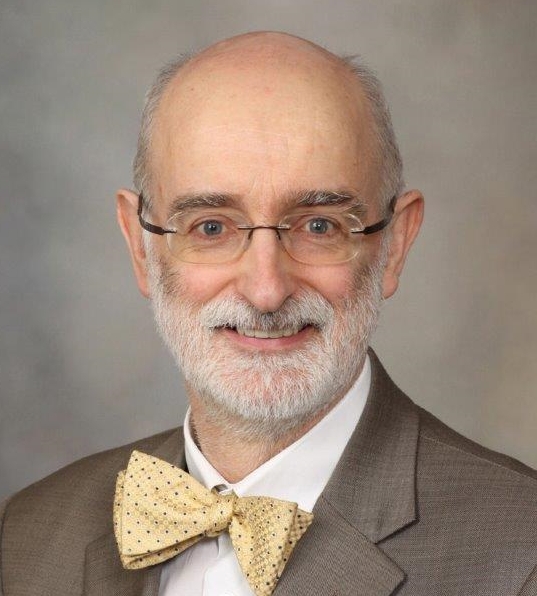
Joseph A Murray
Joseph A. Murray: I am the John and Shirley Berry Professorship of Gastrointestinal Sciences, Professor of Medicine and a Consultant with a joint appointment in Immunology and Gastroenterology and Hepatology. My training in gastroenterology, population health, as well as my broad experience in clinical, translational, population and basic research provides me with a wide-ranging perspective of the discipline of gastroenterology and most specifically in celiac disease.
I have particular experience studying the mucosal responses to luminal antigens, particularly food-derived antigens, but more recently, microbial antigens. I have been engaged in studies involving mucosal integrity, both in human disease and in these mouse models. I can bring this experience, derived from both bedside and bench, to bear on the design of studies and assist my colleagues in the experimental design, analysis, and interpretation of results. I have additional expertise in investigating the role of human commensals and probiotics in altering the immune responses to food antigens. I run a busy clinical practice and clinical trials devoted to celiac disease providing access to biospecimens suitable for this research. I lead a celiac disease registry that collects and archives biospecimens with relevant metadata from patients with celiac disease.
I have published over 400 original articles primarily in the topics of celiac disease, malabsorption, esophageal disease, and esophageal physiology. My research has spread the gambit from basic work to clinical trials all the way through translational work through clinical trials. I have also participated in guideline development and have been the senior author on guidelines related to celiac disease. I have also been an active participate in the Clinical Practice Update Committee as well as co-authoring two of the clinical updates both of which were published in Gastroenterology.

Alberto Rubio-Tapia
Alberto Rubio-Tapia, MD, is Director of the Celiac Disease Program, Section Director of Research for Gastroenterology, and Staff gastroenterologist at the Cleveland Clinic, Cleveland, Ohio, United States. Alberto received his MD from Universidad Nacional Autonoma de Mexico (UNAM) in Mexico City, Mexico. He did his internal medicine residency and gastroenterology fellowship at the Mayo Clinic, Rochester, Minnesota, United States. He received a Certificate in clinical and translational science and completed the Clinician-Investigator program at the Mayo School of Graduate Medical Education, Rochester, Minnesota, United States. His research interests cover epidemiology, quality of care, diagnosis, management, and outcomes of celiac disease and refractory celiac disease.
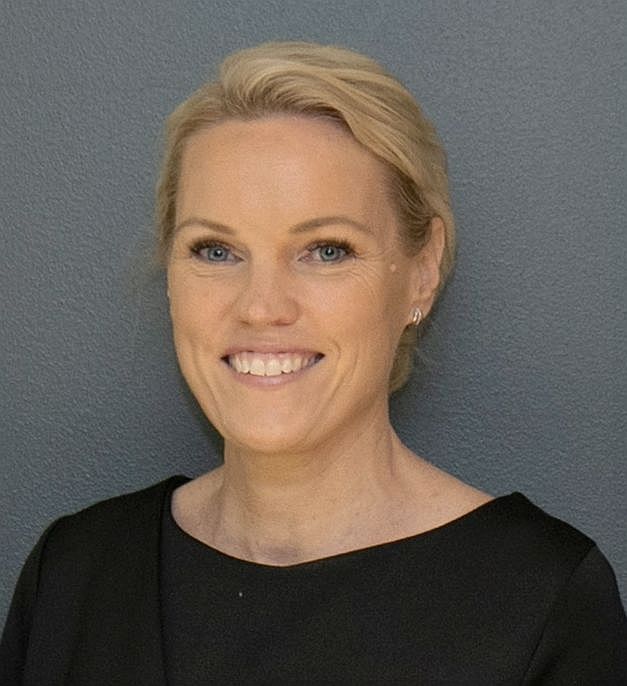
Teea Salmi
MD, PhD Teea Salmi is a Professor in Dermatology in Tampere University and Chief Physician in the Department of Dermatology, Tampere University Hospital, Finland. She is the director of Dermatitis Herpetiformis-study group in Celiac Disease Research Center, Tampere University. Her research aims to investigate pathogenesis of dermatitis herpetiformis and differences between dermatitis herpetiformis and other phenotypes of coeliac disease in terms of genetics, immunology, associated diseases and prognosis. Also, her research group’s studies focus on diagnostics and treatment of dermatitis herpetiformis. Prof Salmi is currently the president of Finnish Dermatological Society, board member of Nordic Dermatology Association (NDA) and NDA research committee chair. She is also a member of European Academy of Dermatology and Venereology autoimmune bullous skin diseases task force, European Dermatology Forum and Medical scientific advisory board of the Finnish Coeliac Society. HoH

Annalisa Schiepatti
Annalisa Schiepatti, Gastroenterology Consultant and Lecturer
Dr Annalisa Schiepatti is a researcher and lecturer in Gastroenterology at the University of Pavia, Italy and consultant at Istituti Clinici Scientifici Maugeri IRCCS, Pavia, Italy. She graduated summa cum laude in 2011 and then specialised in Internal Medicine in 2017 at the University of Pavia, Italy. She was appointed as PhD in Molecular Medicine in March 2020, at the University of Pavia. During her PhD course, she spent 18 months in Sheffield, UK (February 2018-August 2019), where as a clinical research fellow, she was involved in clinical research on seronegative coeliac disease and seronegative villous atrophy. Dr Schiepatti’s main clinical and research interest is represented by coeliac disease and other non-coeliac enteropathies with villous atrophy causing severe malabsorption.

Michael Schumann
Michael Schumann, Department of Medicine (Gastroenterology, Infectious Diseases, Rheumatology), Campus Benjamin Franklin
2022 – Board Certification Gastroenterology (Berliner Ärztekammer)
2011 – Board Certification Internal Medicine (Berliner Ärztekammer)
2000 – MD, medical thesis, Julius Maximillians University, Würzburg
1993-2000 – Medical school, Johannes Gutenberg University, Mainz and Julius Maximillians University, Würzburg
11/2022 – President, European Society for the Study of Celiac Disease
10/2022 – BIH Clinical Fellow
10/2020 – Habilitation (Internal Medicine, Professor Britta Siegmund, title: „Mukosale Barriere bei Zöliakie“)
Since 2015 – Attending physician, Department of Medicine (Gastroenterology, Infectious Diseases, Rheumatology), Campus Benjamin Franklin (Professor B. Siegmund)

Detlef Schuppan
Detlef Schuppan is Gastroenterologist and Hepatologist, Professor of Medicine and Director of the Institute of Translational Immunology and the Center for Celiac, Small Intestinal and Autoimmune Diseases at Mainz University, Germany. He is also Professor of Medicine at BIDMC, Harvard Medical School, Boston, USA.
Translational research focuses on liver inflammation, fibrosis, celiac disease, atypical food allergies/IBS, the gut-liver axis, the role of nutritional factors and the intestinal microbiome on autoimmunity, and GI and liver cancer. This includes preclinical and clinical validation of novel therapies, including siRNA and nanoparticles, and the development of noninvasive biomarkers to predict and monitor activity of these diseases.
DS has been consultant, principal and co-Investigator in numerous clinical phase 1-3 trials in celiac disease, liver fibrosis, NASH, metabolic and autoimmune diseases. He has been and is in leading positions of major national international GI and liver associations, served and serves as editor of renowned journals in these fields, and received several international prizes. He has mentored and qualified more than 140 PhD and MD/PhD students. He has published more than 650 Pubmed cited original articles and reviews. He has >43,000 citations and an h-index of 105 (isi-web/pubmed); >73,000 citations and an h-index of 138 (google scholar).

Ludvig M Sollid
Ludvig M. Sollid (MD, PhD) is a Professor at the University of Oslo and a Senior Consultant at the Oslo University Hospital – Rikshospitalet. He is also the Director of UiO FOCIS Center of Excellence. His research interests are focused around genetics and immunology of autoimmune diseases.
His group has made important contributions to the understanding of the molecular basis of celiac disease, in particular the role of HLA genes, the existence of gluten reactive (HLA-DQ restricted) T cells in the coeliac intestinal lesion, the identification of immunotoxic gluten peptide sequences and the involvement of the transglutaminase 2 in the pathogenesis of the disease. His group is currently working on the characterization of the antigen receptors of T cells and B cells that recognize the celiac disease relevant antigens gluten and transglutaminase 2. Sollid has been recognized for his scientific contributions by several awards, most notably the Research Council of Norway’s Møbius Prize for Outstanding Research, the Warren Prize for Excellence in Celiac Disease Research, the Rank Prize in Nutrition and the United European Gastroenterology Research Prize.
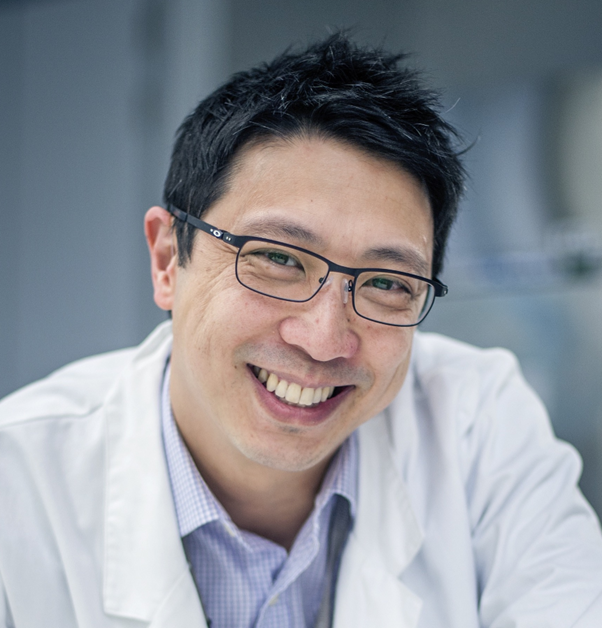
Jason Tye-Din
Jason Tye-Din is a gastroenterologist who heads the Coeliac Research Laboratory at the Walter and Eliza Hall Institute in Melbourne, Australia. His program focuses on understanding and testing gluten immunity in patients to advance the development of diagnostics, immunomonitoring tools and novel therapies for coeliac disease. His team collaborate closely with academic and industry partners and manage a clinical site focused on coeliac drug trials.
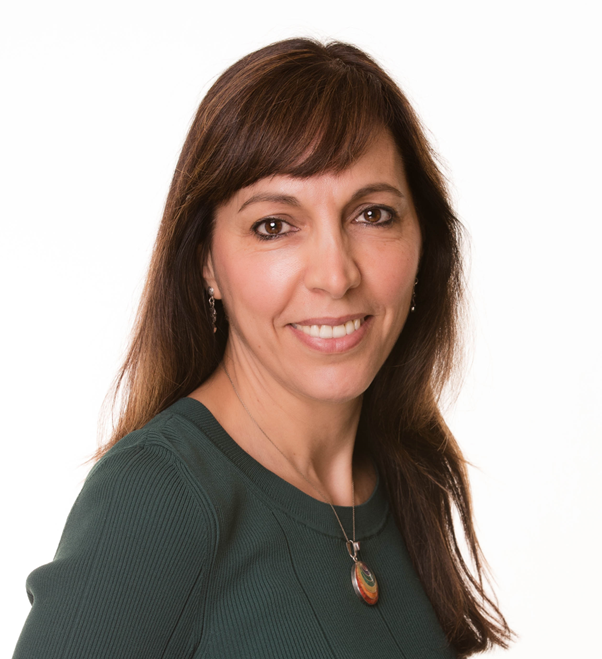
Elena Verdu
Dr. Elena Verdu is Professor in Medicine and a Tier 1 Canada Research Chair in Microbial Therapeutics and Nutrition in Gastroenterology. She is the Director of the Farncombe Family Digestive Health Institute at McMaster University (from July 2024). Her research aims at deciphering the microbial metabolism of dietary antigens, such as gluten, and how that process prevents or promotes from the development of celiac disease.
Dr. Verdu obtained a medical degree in Argentina, trained as clinical research fellow at the University of Lausanne, Switzerland and pursued a Ph.D. degree in immunology and gnotobiology at the Czech Academy of Science. She is Senior Associate Editor (Basic Science) for the journal Gastroenterology, Board Member and Secretary of the International Society for the Study of Celiac Disease and serves in many American Gastroenterology Association Institute committees as Microbiome and Microbial Therapies and Basic & Clinical Intestinal Disorders sections.

Keijo Viiri
| Adjunct Professor Keijo Viiri, group leader of the Intestinal Signalling and Epigenetics group. PhD from the University of Tampere in 2009. He completed his postdoctoral research at University College London’s Cancer Institute in the UK from 2009 to 2013. In 2017, he established his own research group as an Academy Research Fellow and is currently also the head of the Laboratory Unit at the Faculty of Medicine and Health Technology.
The Intestinal Signalling and Epigenetics (ISE) group focuses on understanding the signalling mechanisms that maintain tissue homeostasis in the intestinal epithelium. We investigate how epigenetic mechanisms translate these signals into altered gene expression and cell differentiation. Our research also explores the remarkable cell plasticity of the intestinal epithelium and the impact of metabolic cues on homeostasis through epigenetic histone modifications. Additionally, we study endocrine signalling and the molecular mechanisms behind the secretion of small intestinal peptide hormones, examining their roles in glycaemic and satiety control. Finally, our group delves into the molecular pathogenesis of celiac disease and the influence of environmental factors, such as viruses, on the loss of oral tolerance to dietary gluten. We utilize intestinal organoid models, transgenic animals, and high-throughput genome-wide, spatial, and single-cell methods in our research. We also collaborate with the drug development industry, offering advanced molecular tools to assess drug efficacy in celiac disease trials. Our ultimate goal is to develop applicable molecular tools for evaluating intestinal health and to identify biological targets within various signalling pathways for drug development, aiming to treat celiac disease, diabesity, and related metabolic disorders.
|
